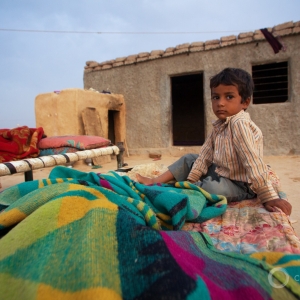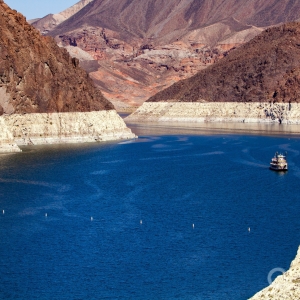The Stream, June 2, 2021: More Than Six Dozen Dams In U.S. Could Flood Toxic Waste Sites
YOUR GLOBAL RUNDOWN
- A new investigation finds more than 80 aging dams could flood major toxic waste sites around the United States if they fail.
- Many Christians in northern Iraq lack reliable access to water after returning to their homes, which were overtaken by ISIL for nearly a decade.
- Public water sources in several communities in England could be contaminated by construction for a new high-speed rail link.
- Residents of Houston are outraged that Texas officials will not provide the city with federal funds that are meant as compensation for flood damages from Hurricane Harvey in 2017.
People displaced by the recent eruption of Mount Nyiragongo in the Democratic Republic of the Congo lack basic supplies like food and water.
“I have seven children, two of whom already have diarrhea because of the bad water in this village. Let the government help us. Either give us food or make us go back home.” – Kabugho Malimingi, who left home after a volcanic eruption in the Democratic Republic of the Congo. Al Jazeera reports that after Mount Nyiragongo erupted on May 22, nearly 40,000 people have fled the city of Goma and lack shelter, food and water. Some displaced people say they would rather return to their homes, despite the danger of earthquakes and more eruptions, than stay in temporary shelters without basic provisions. Aid organizations have deployed tankers to bring water to displaced residents, but say more assistance is needed.
IN RECENT WATER NEWS
In Case You Missed It:
HotSpots H2O: When War Destroys Water Systems, Children Suffer the Most – When water and sanitation networks are destroyed during armed conflict, children are harmed the most, according to a UN agency report.
Christian Minority in Iraq’s Nineveh Plains Suffers Amid Post-War Economy and Water Shortages
After returning to their homes in northern Iraq’s Nineveh Plains, many Christians who had fled ISIL lack reliable access to water and are unable to make a living due to a depressed post-war economy. Al Jazeera reports that climate change, state corruption and mismanagement have hurt the agricultural sector in Nineveh. Farmers in the region may not be able to benefit from the predicted increase in wheat production because of water shortages that would diminish other crops like barley, corn, and rice.
TODAY’S TOP WATER STORIES, TOLD IN NUMBERS
81 DAMS
Documents obtained by Undark find that failure of 81 aging dams around the United States could flood major toxic waste sites. Undark reports that state and local governments are often unprepared for flooding and don’t recognize the risk posed by the dams near toxic waste sites, leaving communities vulnerable to disaster. Experts say hazardous waste sites can be designed to withstand flooding, but flooding hazards must first be recognized.
- Why it matters: Undark found that the Edenville Dam in Midland, Michigan, which failed last year and caused massive flooding, narrowly avoided a toxic waste disaster. After the dam failure, a task force found that Michigan’s aging dams require “comprehensive and immediate attention” to avoid future catastrophes. Aging dams throughout the United States pose a myriad of other threats to human health and safety. Experts say that the cost of repairing at-risk dams could cost up to $70 billion, but having them fail would come at a far greater price.
6 PUBLIC WATER SOURCES
Environmentalists in England have raised concerns over potential drinking water contamination as construction continues on the HS2 high-speed rail link, the Guardian reports. After a legal battle lasting more than two years, HS2 was ordered to disclose internal documents that revealed six public water sources may need additional treatment works, which environmentalists say could result in residents receiving more heavily treated or processed water through their taps.
ON THE RADAR
Houston residents are outraged after the Texas General Land Office (GLO) announced that the city wouldn’t receive any of the $1 billion in federal funding promised to Texas in the aftermath of Hurricane Harvey in 2017. The Associated Press reports that the GLO maintains the distribution of the funding was fair and based on guidance from the U.S. Department of Housing and Urban Development (HUD). A spokesperson for HUD said the agency disagrees with the GLO’s decision.
Jane is a Communications Associate for Circle of Blue. She writes The Stream and has covered domestic and international water issues for Circle of Blue. She is a recent graduate of Grand Valley State University, where she studied Multimedia Journalism and Women, Gender and Sexuality Studies. During her time at Grand Valley, she was the host of the Community Service Learning Center podcast Be the Change. Currently based in Grand Rapids, Michigan, Jane enjoys listening to music, reading and spending time outdoors.







Leave a Reply
Want to join the discussion?Feel free to contribute!